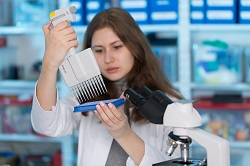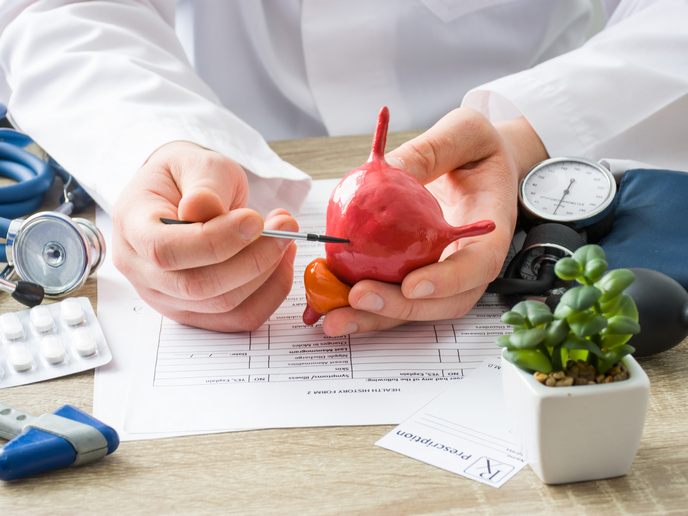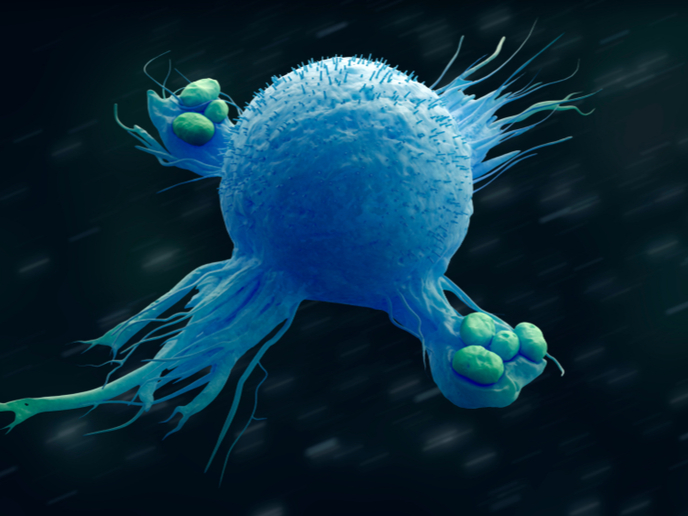Training for biological entrepreneurs
European policy often encourages scientific research ultimately leading to commercial products. As such, many feel that researchers both lack and would benefit from entrepreneurial training. The EU-funded IB2(opens in new window) (Industrial biological biomaterials doctorate) project created a network to develop and provide such training opportunities. The training was incorporated into a PhD programme that combined learning through research with development of entrepreneurial skills. IB2 appointed four researchers to the scheme. Aside from the core business concepts, students received training in intellectual property rights management, communication skills and working in an industrial setting. The programme included workshops and courses. In preparation for research, participants also received scientific training on laboratory techniques relating to biomaterials and regenerative medicine. The training consisted of five short modules and one advanced course. The consortium also organised secondments. The project’s research addressed development of new methods for growing human stem cells. Research institutions currently cultivate the cells in a growth medium derived from cattle. The method introduces high risks of immune rejection of stem cells and disease transmission. The IB2 team worked on biomaterials derived instead from human plasma, which should eliminate both concerns. Research outcomes included validation of the processes used for industrial production of safe human-derived culture materials. The team furthermore developed and optimised the composition of such materials. Researchers established optimal conditions for culturing various types of cells. These included human mesenchymal stem cells from several types of tissues (adipose tissue, bone marrow and umbilical cord), human microvascular endothelial cells and outgrowth endothelial cells. The project’s successful development of non-animal culture materials for the growth of stem cells greatly improves the clinical application of the cells. The work helped to open up possibilities for new regenerative therapies of great medical and commercial value.







